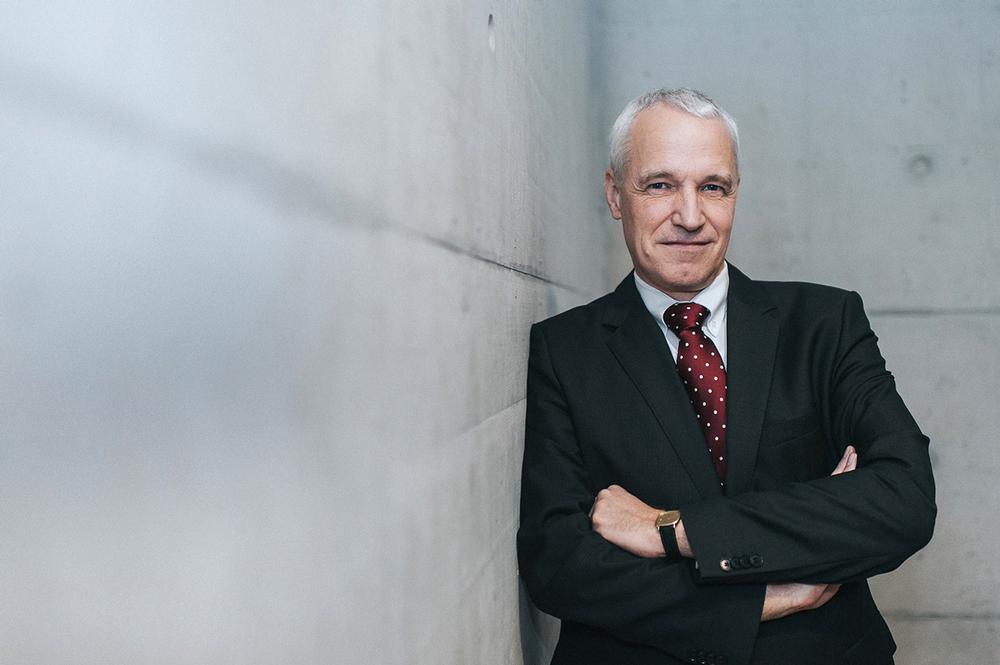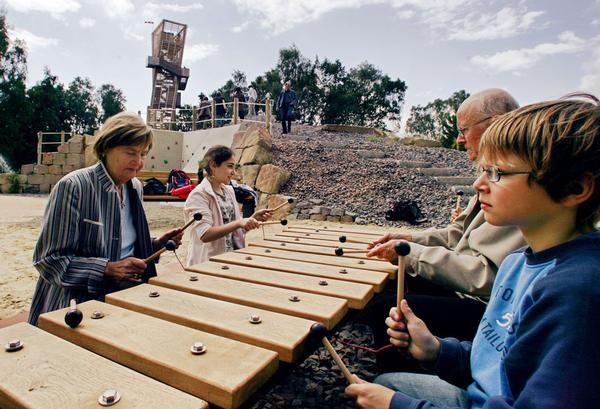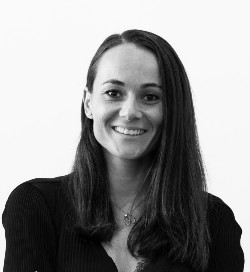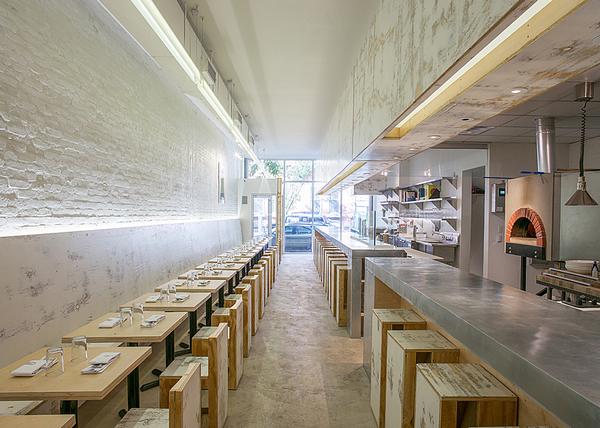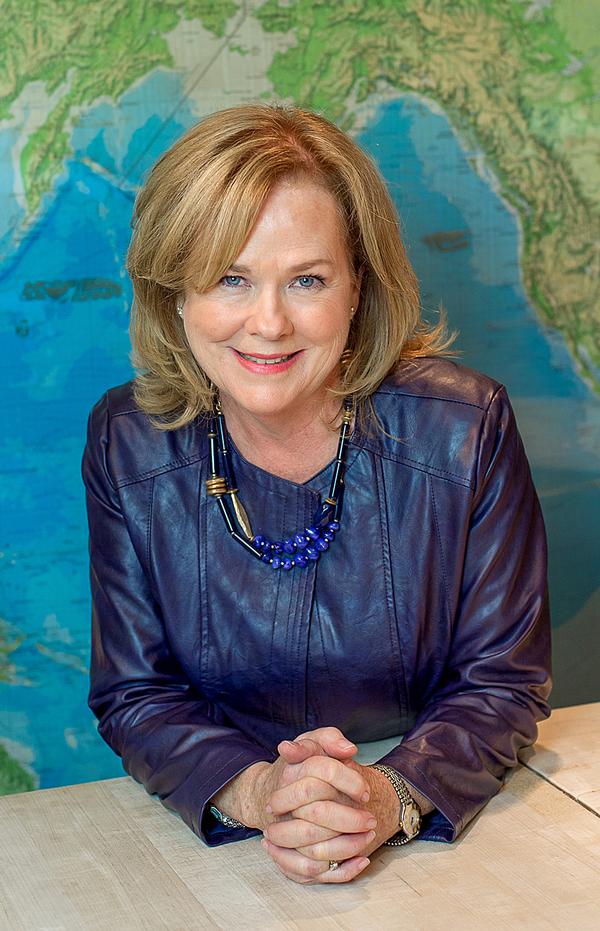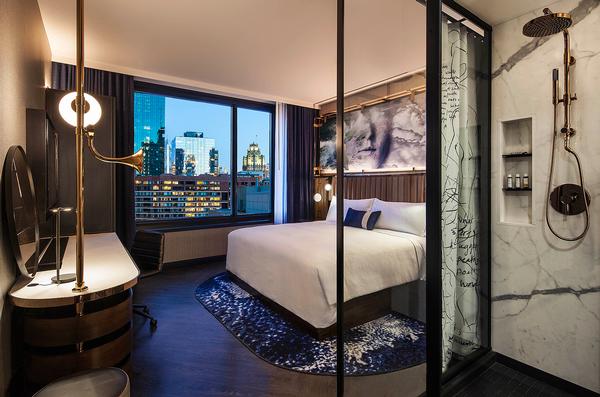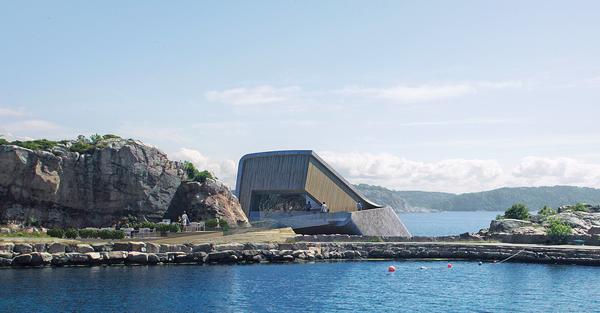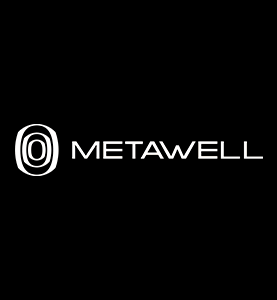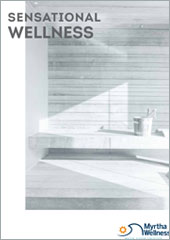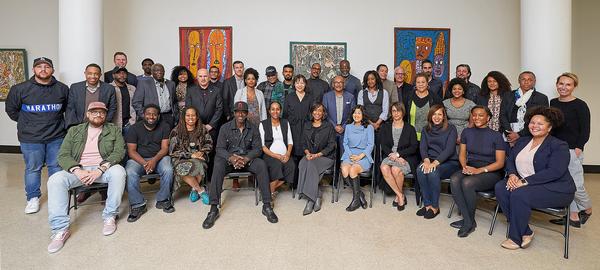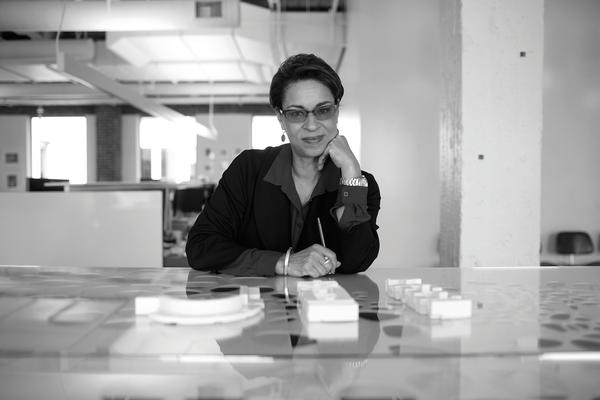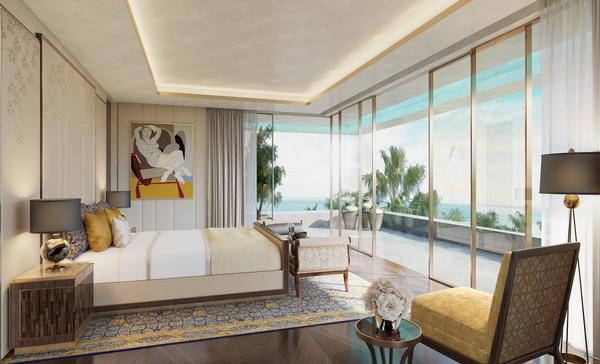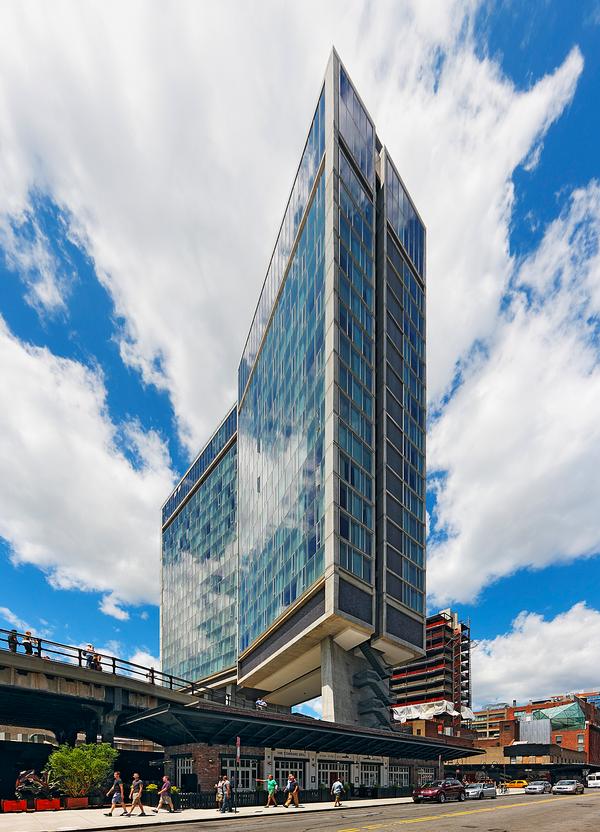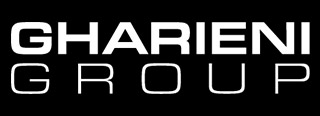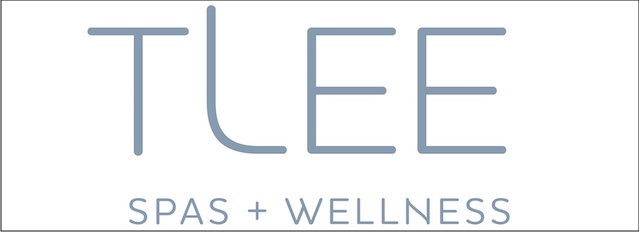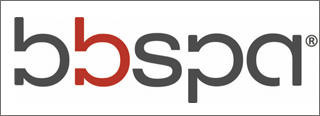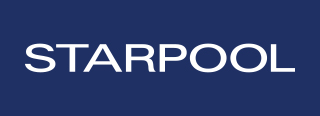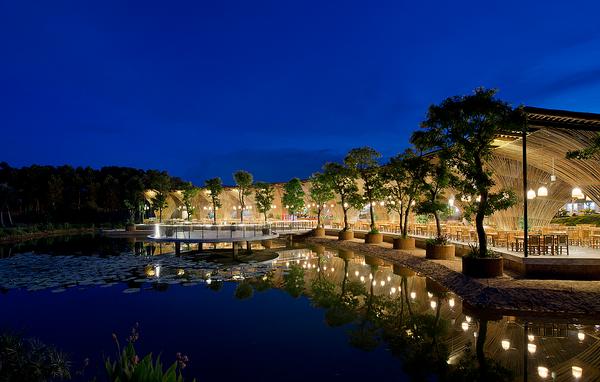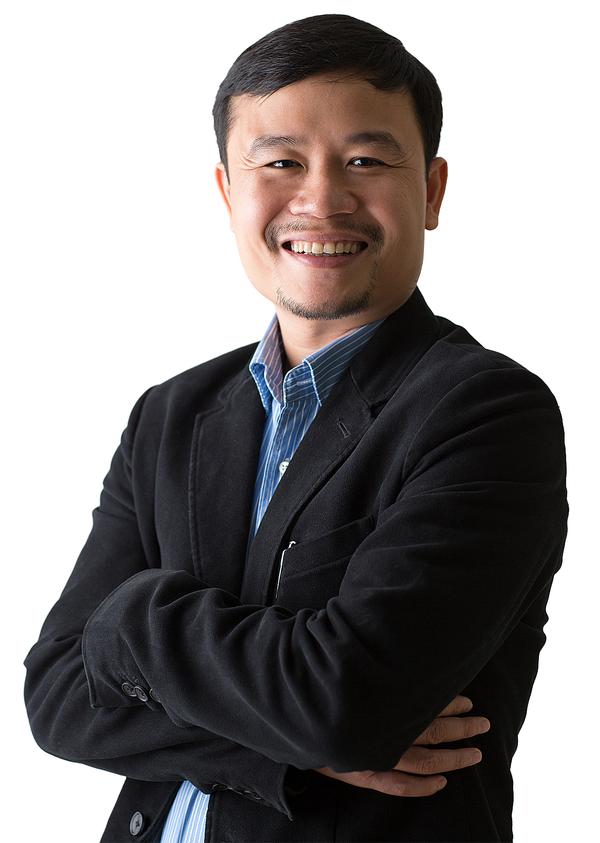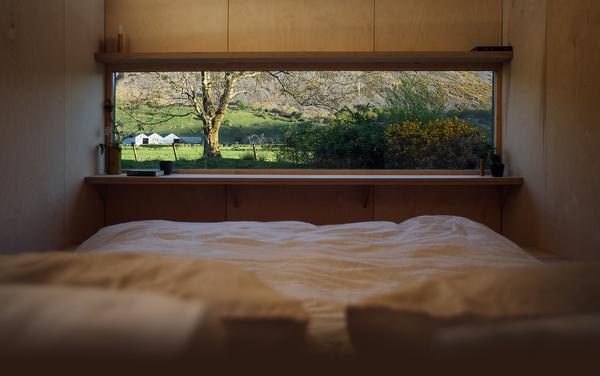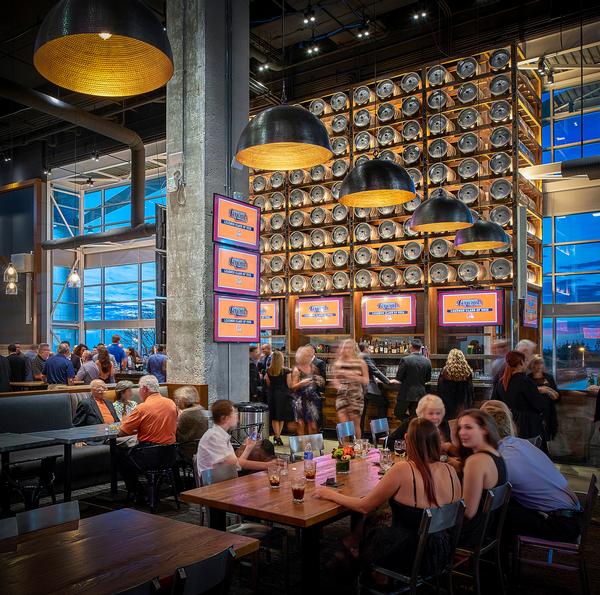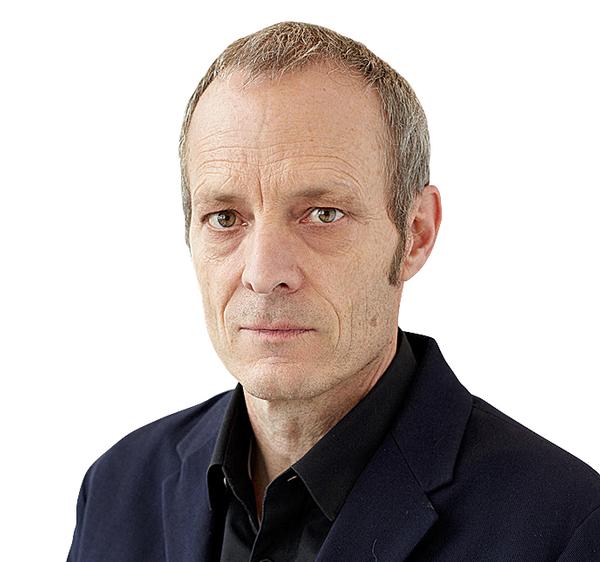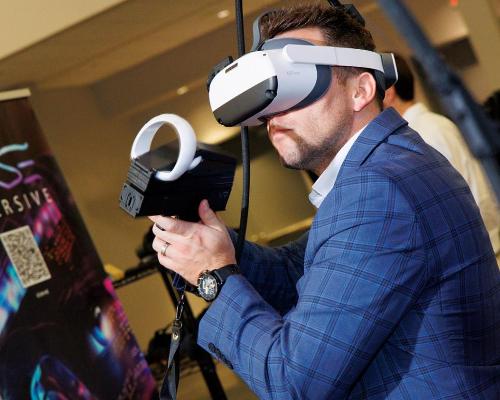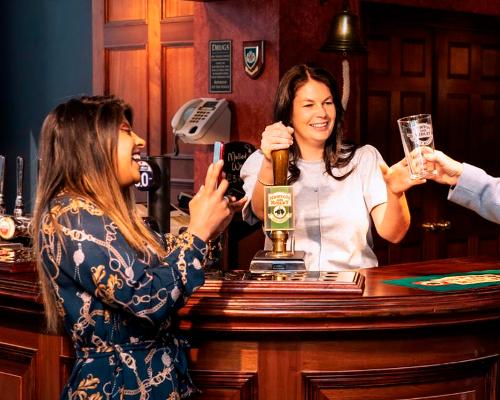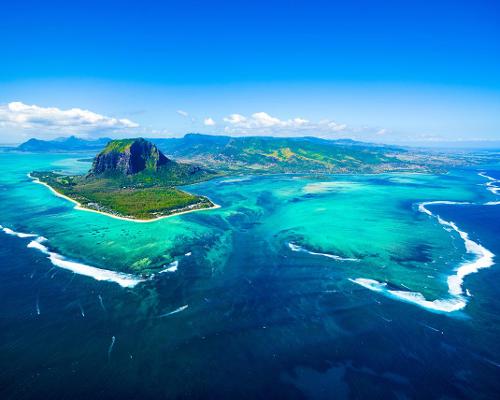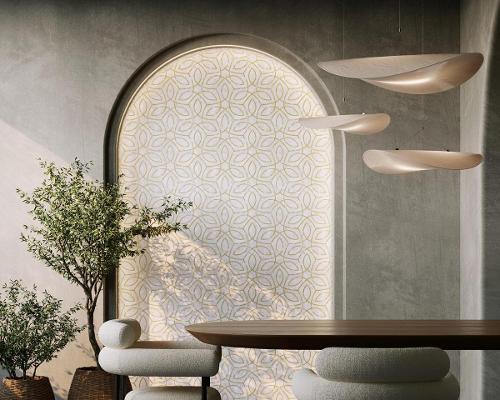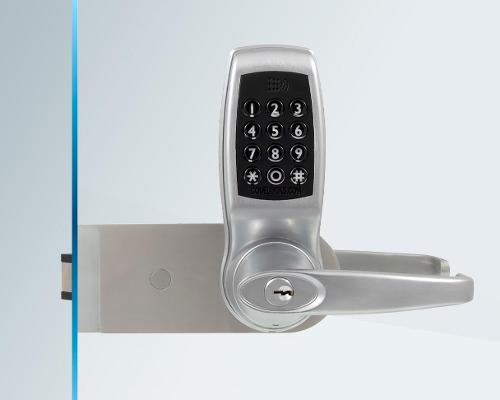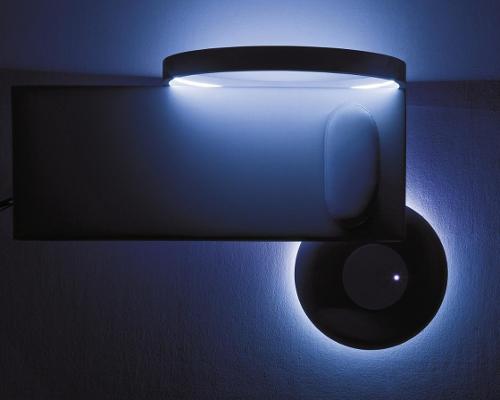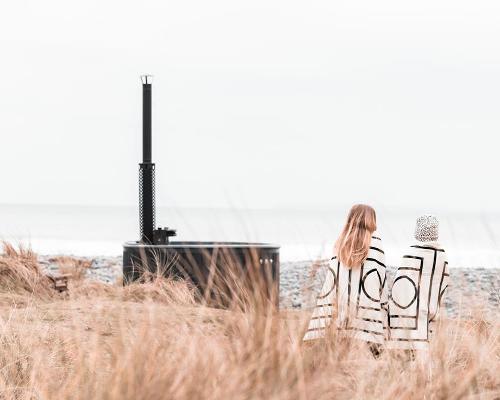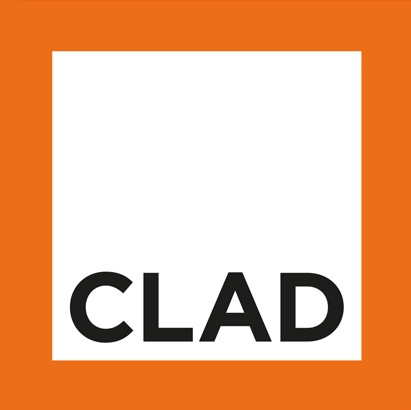People profile
Herbert Münder
Ecsite president
Ecsite’s new president, Herbert Münder, has said a pressing challenge for the science engagement community is the rise of the ‘post-truth’ era.
“For Ecsite members, there is one big challenge, and that’s what we’re calling the post-truth time,” Münder tells Attractions Management. “As a group of science centres and museums and science communicators, we have to think about how we can address this in an adequate and efficient way.”
One way forward posited by Münder is to talk more about the process of science. He says there are times when scientists have different interpretations concerning scientific observations, which can be confusing to people.
“But of course, in scientific research, there’s a need to have different views to be able to cross check, to challenge, to develop the thesis and antithesis, to determine repeatability – for example, would the same experiment in Australia and in Europe come back with same outcomes?” he says.
“These features of the scientific process must be more visible to the public and, I believe, we as science centres face a challenge to get these ideas across. This will help the public to think more critically about things they hear, read or see on TV, and they can create their own opinion.”
“We have to come up with a strategy to address this challenge. I feel science centres and museums will become even more important in the future because of this trend we observe now. And we have a responsibility to address it.
“Science centres make a huge impact already, but we are facing a new situation. To make an impact in the future we need to rethink our position and the things we do.”
Münder is general manager at Germany’s Universum Bremen science centre and is also past president of Eusea, the European Science Events Association, and current president of MINTaktiv, Germany’s science museum network.
He says Universum is not just a place for exhibitions, but also acts as a communication platform between different partners, such as businesses, researchers, NGOs, and other groups.
He says: “The curator of this platform is the science centre, which is more or less neutral. We bring together different views and citizens have a chance to build their own opinion about it and have a voice, so we are a platform for the voice of citizens.”
Münder adds that another point of focus during his presidency will be ensuring the science communication community has a voice at discussions for the next EU Framework Programme for Research and Innovation, with the current framework, Horizon 2020, drawing to a close in 2020.
“I believe strongly that science communication and science engagement is important for the future period of the framework, so my personal position is that we have to talk to the stakeholders and decision makers to show them it is necessary the sector is again visible in the programme.”



